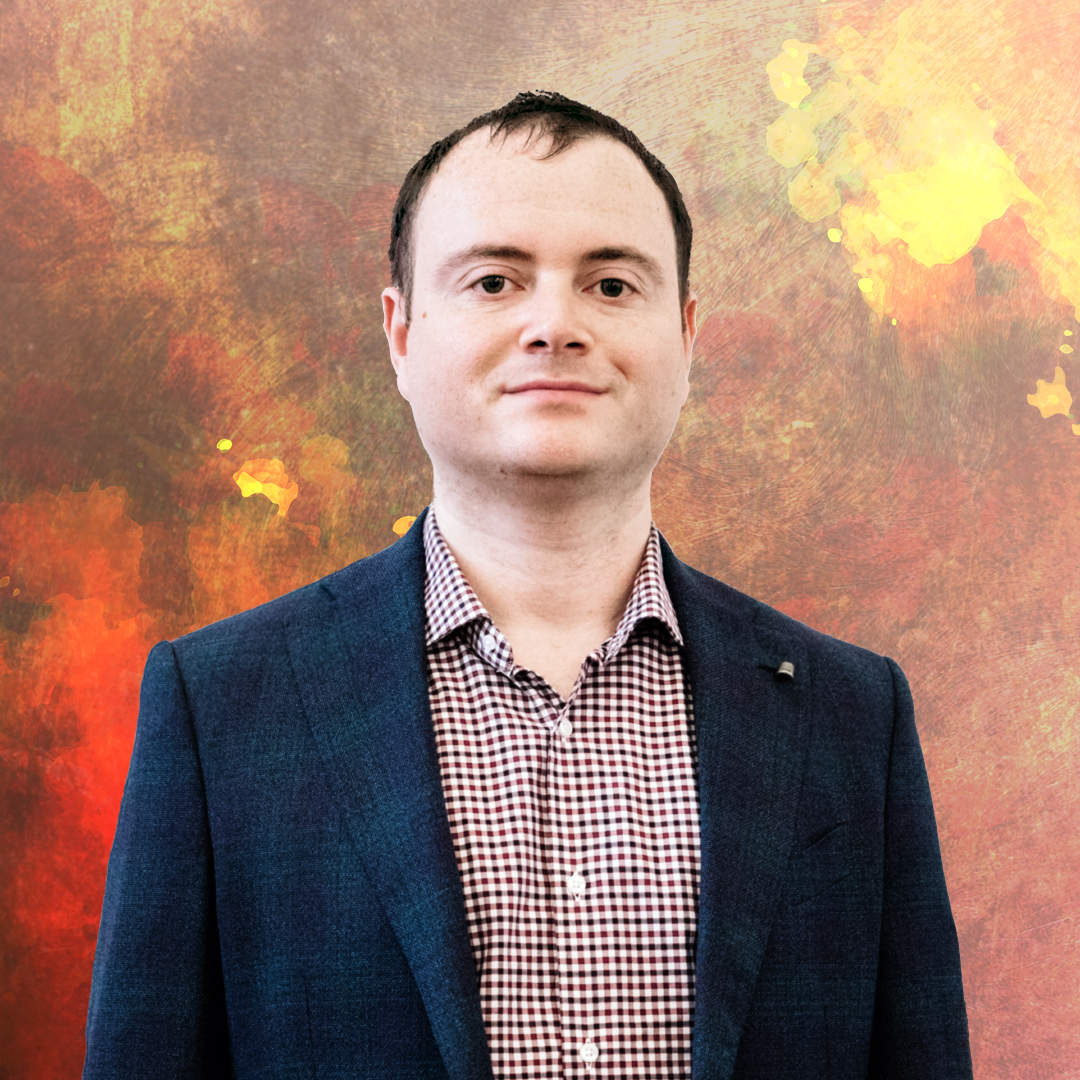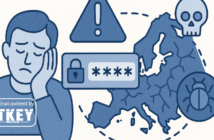The post was originally published in Russian on Startup of the Day. Alexander kindly agreed to republish what we think is of great value to our readers.
An old forecast of many scholars discussing the future is that there will be no intermediaries while selling art: no studios, publishing houses and other capitalists between a creator and a fan.
Patreon, the startup of the day, is building a future like this, it helps authors collect money directly from their fans. In the most simple case, a blogger, artist or musician publishes closed content on Patreon, sets up a price, and the audience can reach this content after paying the subscription fee. More sophisticated fundraisers can adjust different user levels, different amounts of money open different number of works.
Patreon’s commission is 5% of the collected money plus the fee paid to the payment aggregators. To compare, Kickstarter charges the same, dobro.mail.ru charges nothing. Speaking in absolute numbers, when the subscription costs 3 dollars for six months, the startup gets 90 cents – not enough for any marketing effort aimed at attracting donations. Patreon doesn’t do that, the authors advertise the ‘blogs’ themselves. If they have popular accounts on regular social media, then there can be posts like ‘my new song for my most devoted fans, here’s the link’ that will look organically and lead people in.
The model’s serious limitation is the necessity of exclusive content: if an article is not only there, then it makes no sense to pay for the access. As a result, Patreon has a disproportionately big number of authors that cannot use other channels – from erotic photographers to marginalized political bloggers. What’s funny is that some of them were too extreme even for the normally loyal Patreon, the most extremist ones were banned for hate speech and, in response, launched their own clone called Hatreon.
The revenue of the service is USD 7.5M a year, the amount of the most recent deal is USD 450M, which is an entirely big deal for any startup even considering the rapid growth. The investors believe that that audience comprising of loyal fans will monetize additionally in other ways, with a big commission, they can buy tickets or souvenirs, for example. Another idea for extension is to issue a donor status for external websites via API, help launch services and promotions like ‘real fans of X get a discount at our store.’
—
This is a rerun from 2017. These four years have been super successful for the project, there were rounds upon rounds, the revenue and the audience grew accordingly with every year. This spring, the company’s value was estimated as almost 4 billion. There were even promises of a coming IPO, but it doesn’t look like it’s working out.
Meanwhile, Hatreon’s experience was opposite – it was destroyed – Visa refused to accept payments. Hate speech is called so for a reason.
Instead, a similar service for taboo pictures from porn models – Onlyfans – became more popular and financially successful than Patreon itself.
Website: https://www.patreon.com/
Translation: Kostiantyn Tupikov

Alexander made his career in Russian internet companies including Mail.Ru, Rambler, RBC. From 2016 to 2018 he was Chief Strategy and Analytics officer in Mail.Ru Group. In this position, he worked on M&A, investments, and new project launches. In 2018 he became Deputy CEO in Citymobil, a Russian Uber-like company that was invested by Mail.Ru Group and Sberbank (the biggest Russian bank), then he left the company to launch his own projects. Now Alexander is a co-founder of United Investors – the platform for co-investments in Russian early-stage startups. His blog #startupoftheday (#стартапдня) is one of the most popular blogs about startups in Russia.





